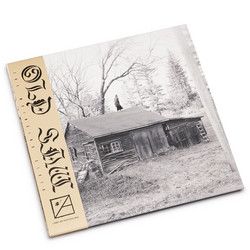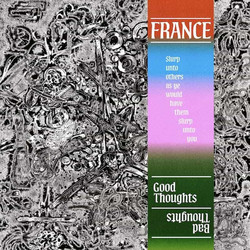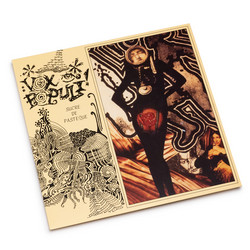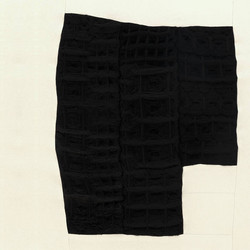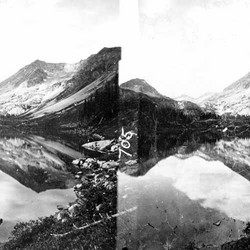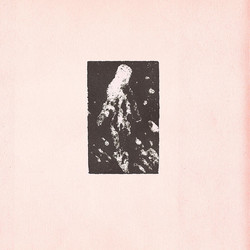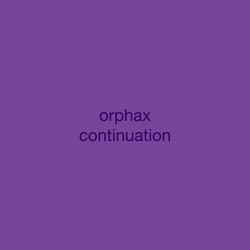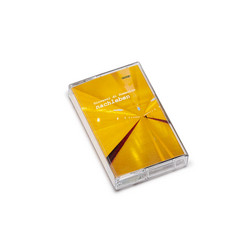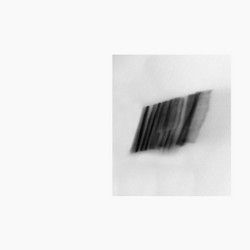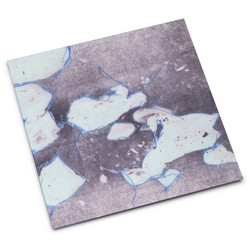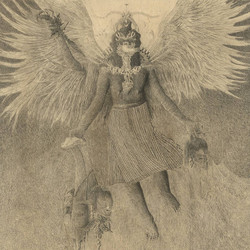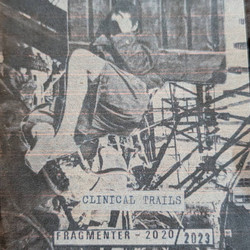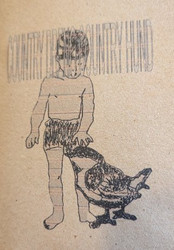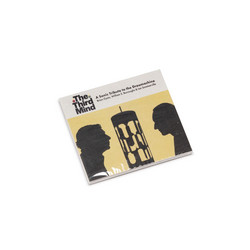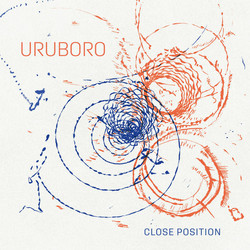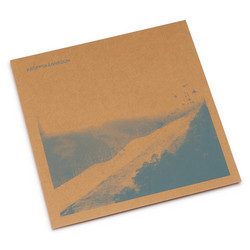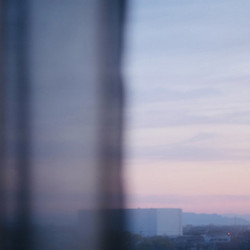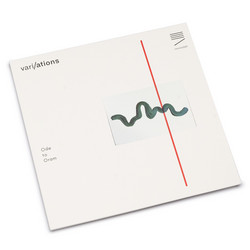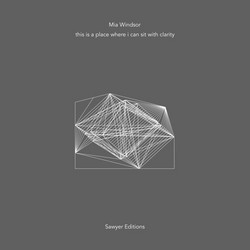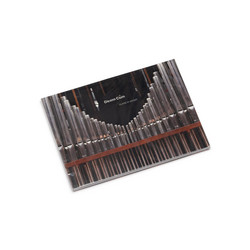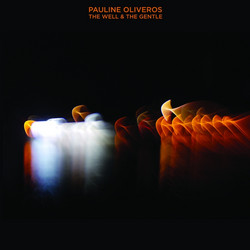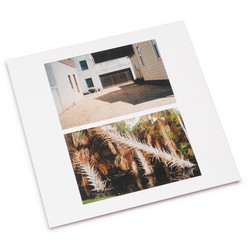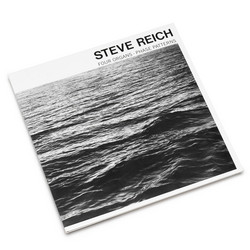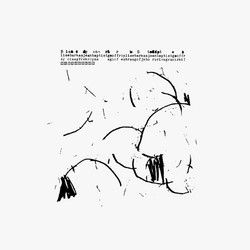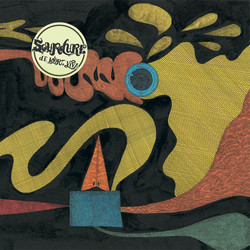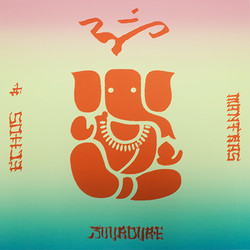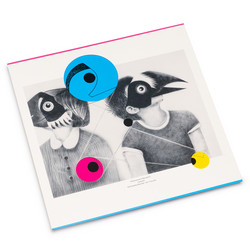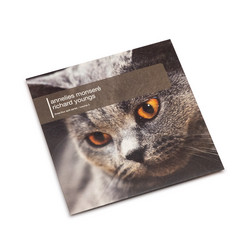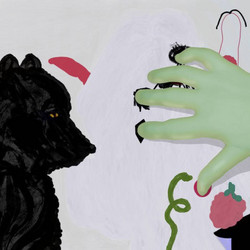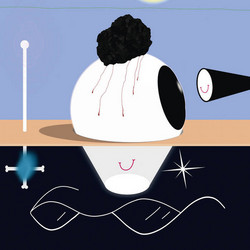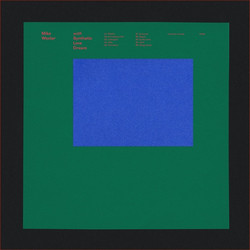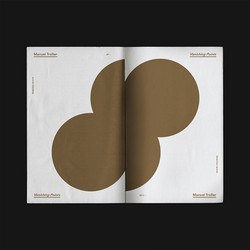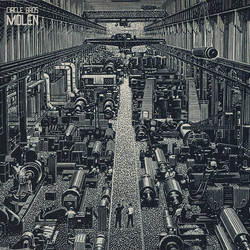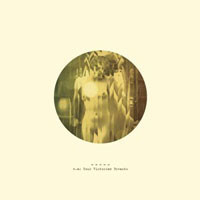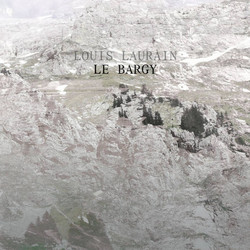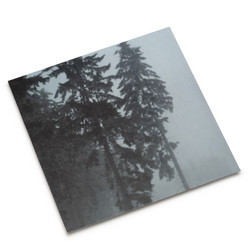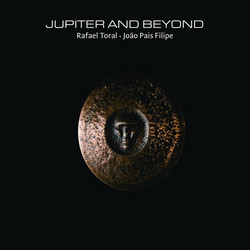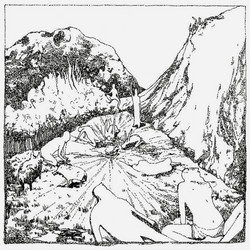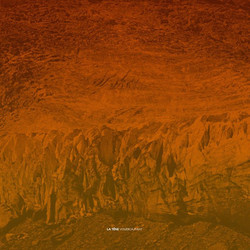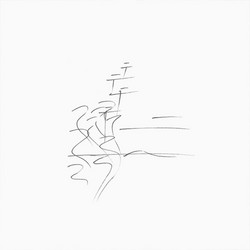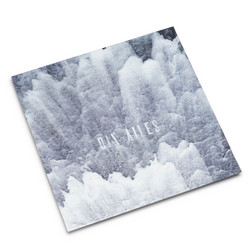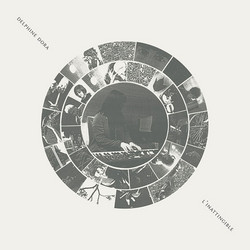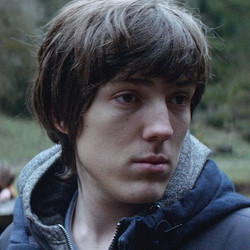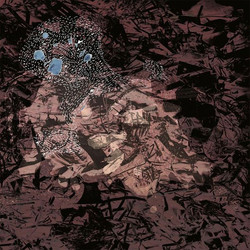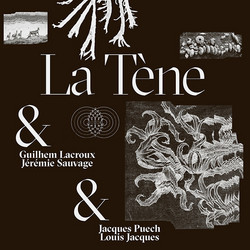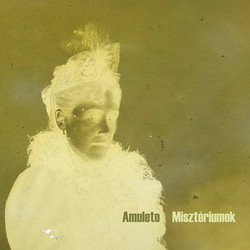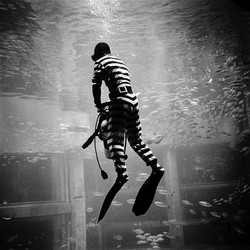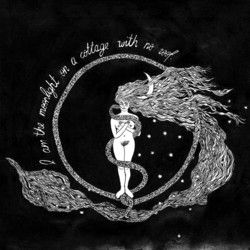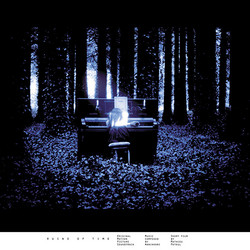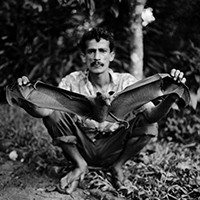Tip! Under the moniker Sourdure, Ernest Bergez works within a hybrid sound field, combining raw electronics (modular synths, feedback), acoustic instruments (violin, voice, foot percussion), and non-musical sounds (field recording, spoken voice). As a guideline, he keeps an underlying effort to melt experiment into popular music and vice versa, taking traditional songs and dancehall themes from the French Massif Central area as the starting point for experimentationFor the first time, I wrote a screenplay with the original music in mind. I was convinced that it would not simply complement the adventures of my characters but would be as decisive an element as the landscapes in which they would evolve. These landscapes are the mountains; it's this hilltop village, isolated like an island preserved from the world's noise (which I found in Isère but which resembles the hamlets in the Pyrenees near which I grew up or those in Auvergne dear to Ernest [Bergez]). It is in this setting that Bérénice, Hugo and Stan will meet again at Hugo's brother's funeral; it is here that the revival of an immutable friendship will be possible, despite the separation, despite the passage of time, despite this childhood memory which haunts them.
I contacted Ernest to ask him to compose the music for Debout sur la montagne because it was obvious. Because I knew, as soon as we started talking about the script, that we had a lot to share. I told him how much I loved Sourdure's music and how it had accompanied me over the last few months and had been one of the crucial influences in the writing of my film.
In the script of Debout sur la montagne, there is a sequence featuring a musician in the only village café who gives a concert in front of the inhabitants gathered for the occasion. I offered Ernest this role. It was already a way of bringing his music into my film, but also an opportunity for him to be there with us, immerse himself, and meet the crew and the actors. After spending a few days in the village, Ernest began to compose the soundtrack.
When I returned from what was, for many reasons, an unforgettable shooting, I started editing almost immediately. I discovered the written themes as the demos were sent in. And each proposal was like an echo of the images that I was only beginning to grasp.
As the weeks went by, the film was written, while the soundtrack was expanded with new pieces. I felt Sourdure's music penetrated every inch of my film to better reveal its mystery, support the plot, and enhance emotions.
Today, when I listen to De bon Astre, this unruly and rebellious violin, these enthralling electronic layers, these celestial and poignant voices, I travel back to the village, sensing its unique atmosphere. I see the sun disappear behind the mountain range and contemplate the soft autumnal light on the bodies of the three reunited friends; feel the first signs of cold and the announcement of snow; climb towards the summits; sink into the cave, a place of mystery and dreams. I rediscover the soul of a place, the certainty that it is here, in this land of origins, that life began and that, whatever we do, it will be there for us forever, like a refuge.
